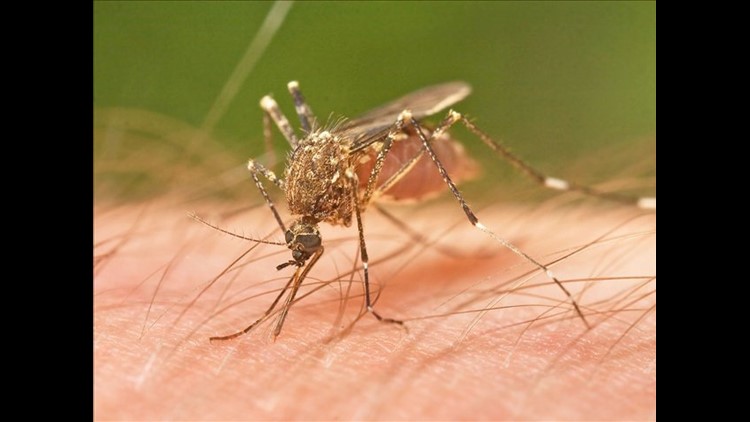Cases of the West Nile virus are on the rise in Oklahoma, according to health officials. So far this year, 55 cases, including one death, have been reported.
Cases of the disease have been confirmed in Oklahomans from 14 counties. The counties with the highest numbers of cases include Tulsa (14), Oklahoma (12), Carter (9), Pittsburg (7), Muskogee (3), and Garfield (2), according to a news release from the Oklahoma State Department of Health.
The age range of cases is 12 to 90 years. Since West Nile virus activity in Oklahoma often does not peak until September or early October, more cases are expected, the release states.
Oklahomans are urged to “fight the bite” and take the following precautions to protect themselves against mosquito bites:
- Use an insect repellent containing DEET on exposed skin and clothing when you go outdoors. (Insect repellent with permethrin should be used on clothing only.)
- Place mosquito repellent in a handy and visible location in the home for easy access.
- Repair or install window and door screens to keep mosquitoes out of your home.
- Prevent items such as buckets, cans, flower pots, and tires from holding standing water so mosquitoes don’t have a place to breed.
- Empty, clean and refill your bird baths and pet’s outdoor water bowl daily.
- Clean leaves and debris from rain gutters regularly to ensure they are not clogged.
Illness associated with West Nile Virus ranges from no symptoms at all to milder “West Nile Fever” symptoms to serious neurologic disease. Symptoms of West Nile Fever include sudden onset of fever, headache, nausea, dizziness, and muscle weakness. Sometimes swollen lymph glands or a skin rash are also present with West Nile Fever.
Persons should seek medical attention if any of these symptoms develop, especially within two weeks after mosquito bites.
For more information on West Nile Virus, including prevention, visit http://ads.health.ok.gov and click on “Disease Information” then “West Nile Virus.”



